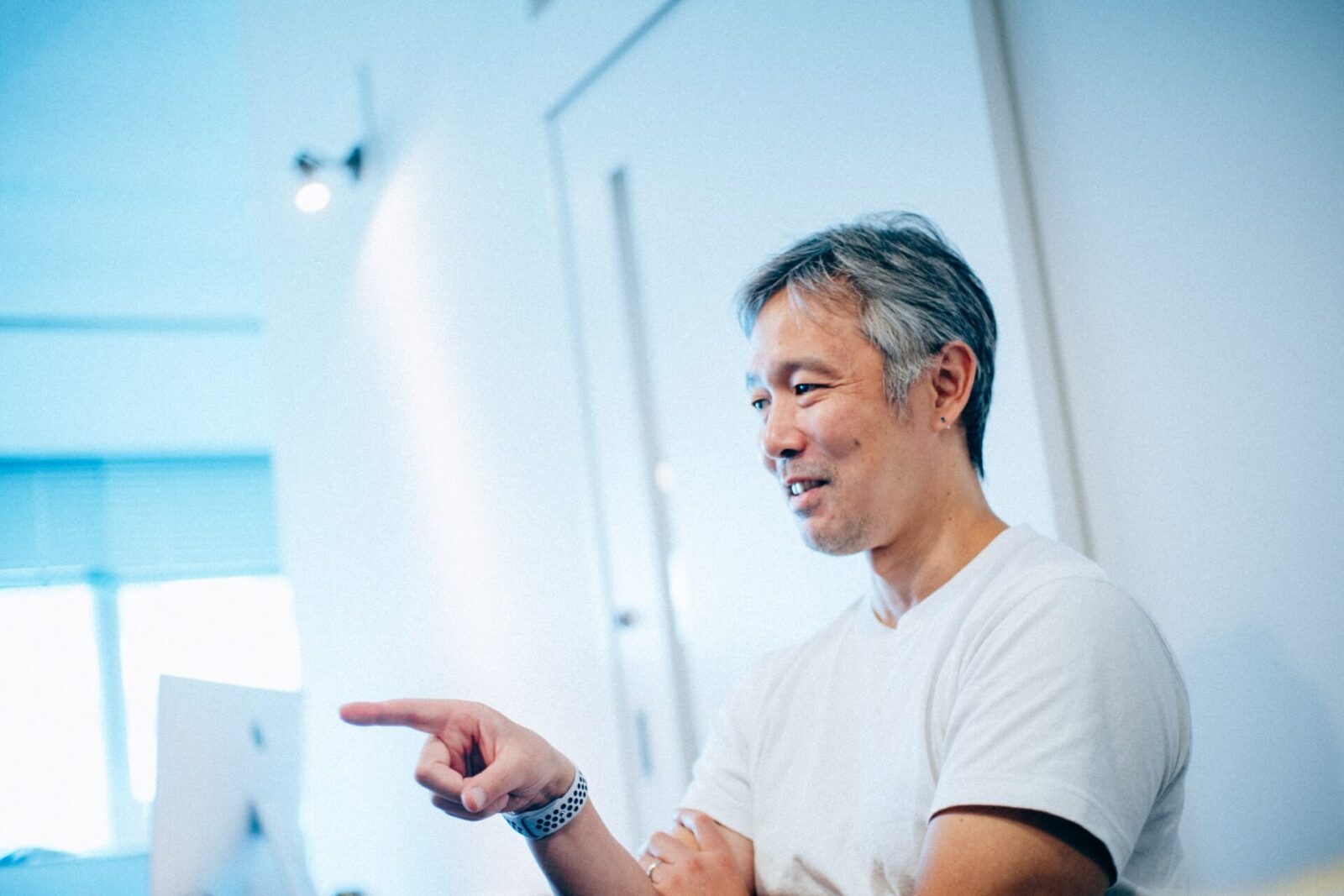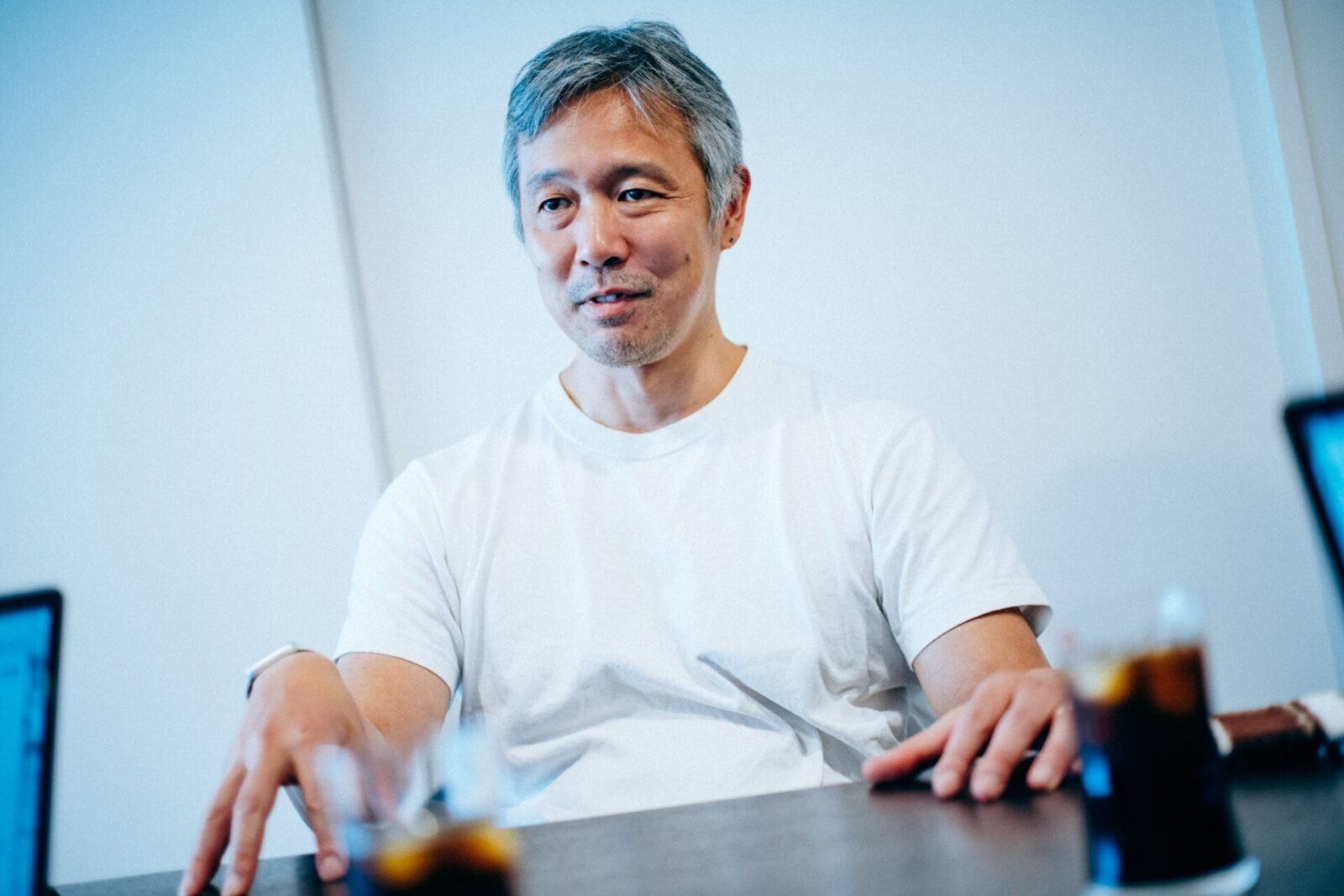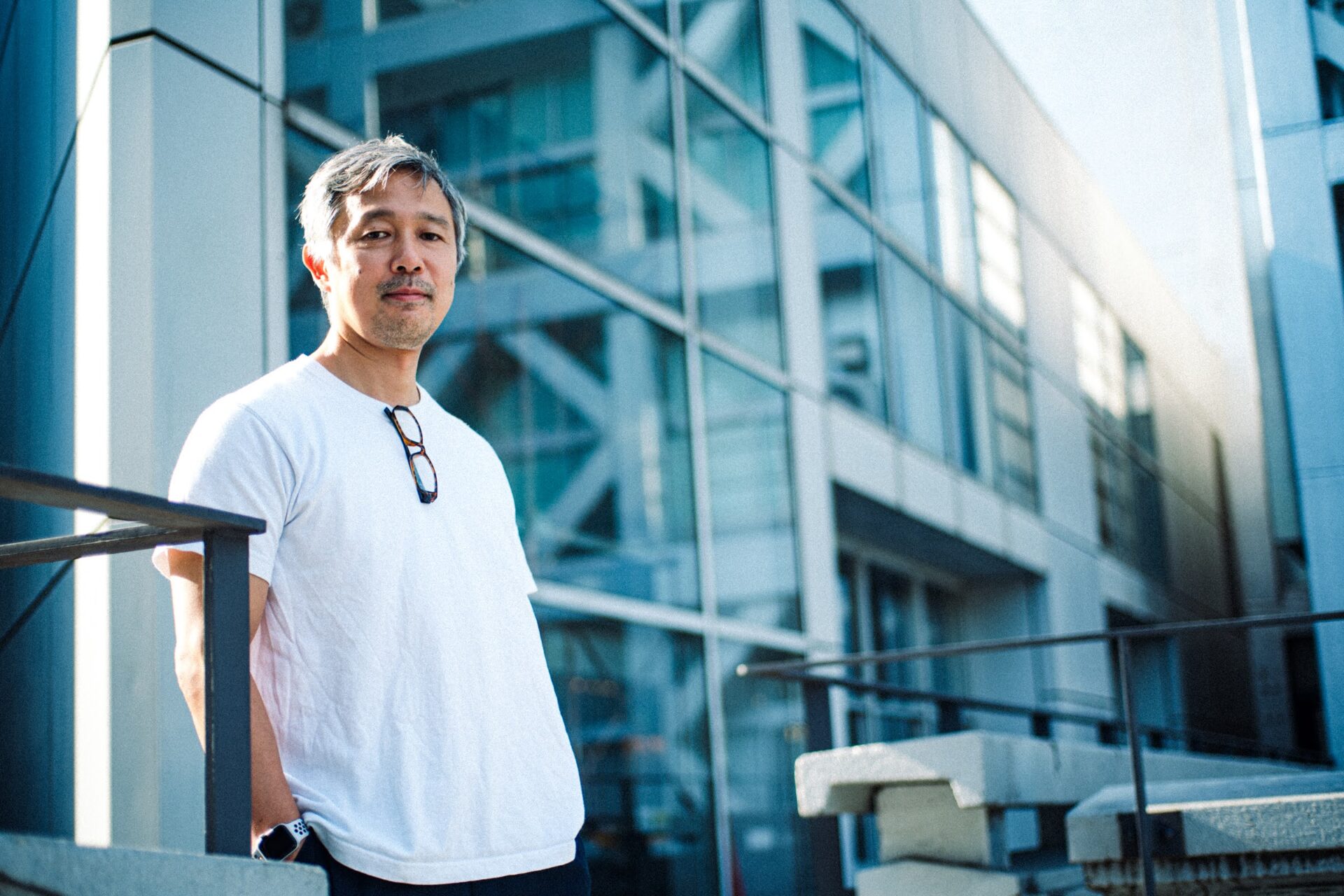How do modern day science understand and reconstruct shikohin?
In this series, “Understanding Shikohin and Its Experiences Through Science,” we will talk to scientists of various fields such as cognitive science, brain science, psychology, etc.
For our first installment, we interviewed Katsumi Watanabe who is a professor at the Faculty of Science and Engineering at Waseda University.
Professor Watanabe researches the explicit and implicit processes that make human perception, cognition, and action possible. His research aims to dismantle the “black box” of human decision making for perceptions and preferences.
As a researcher who works at the forefront of cognitive sciences, how does he understand shikohin? In part 1 of this article titled “Understanding Shikohin and Our Bodies Through Cognitive Science,” we will look into how the shikohin experience manifests in the human body.

Shikohin
Shikohin is a food or beverage that is not nutritionally necessary for the body but gives pleasure to one’s senses such as taste, touch, smell and sight.
Examples include tea, coffee, tobacco, liquor, pickles, soft drinks and ice. They often contain organic acids, caffeine, tannic acid, cocaine, alcohol, bitter substances, or essential oils. In a broad definition, it may also include sweets and confectioneries.
Encyclopedia Britannica Academic Japan
The joys of enjoying yourself

ーー Professor Watanabe, you specialize in the study of explicit and implicit processes that make up human perception, cognition, and action. From this viewpoint, what does the act of enjoying shikohin represent?
In cognitive science, there is the idea that people are aware of results that come from actions, but are not aware of the processes that lead to those results.
For example, when it comes to shopping, we are good at understanding the fact that we purchased a product, but it is impossible for us to fully understand all the processes that occurred in our brain that led up to the purchase. In other words, we don’t really understand what is going on in our brain that leads to our actions. My research combines experimental psychology, cognitive science, and brain science to try to unravel this mystery.
In terms of cognitive science, the same can be said about what happens when human beings enjoy shikohin, or what we call the “shikohin experience.” When we drink alcohol or take a moment to relax to enjoy coffee, we are aware of the “result” that is the shikohin experience, but we are not aware of how that result came to be. Even modern day sciences have yet to fully understand this.

ーー From a cognitive science perspective, what aspects of the shikohin experience interests you?
It is very clear that the shikohin experience is very different from simple sensations, such as finding something to be delicious or comforting.
The biggest difference is that when someone is having a shikohin experience, they are “enjoying the fact that they are enjoying themselves.” It is a nested operation of cognition that is also called metacognition.
For example, imagine a scenario of going to a nice bar where soft jazz music is playing, ordering a whiskey that the bar master recommends, and pondering life with a drink in your hand.
In this moment, you may feel that you have matured into adulthood and you are enjoying the adult pleasures of life and you feel happy because of it. In these experiences you discover your true self, and share those moments with others. I believe this is the essence of shikohin experiences.
I wonder if these very unique sensations and thought processes exist in other animals. I also wonder at what age a human child begins to find value in such experiences. I am also curious as to why this is so important for human social activities.
The relationship between shikohin and shikohin experiences

ーー How does shikohin such as tea and alcohol lead to the creation of shikohin experiences?
The relationship between shikohin and shikohin experiences tend to be explained as a sensational experience we have as a result of consuming certain substances. However, this may not be true.
I think that for the shikohin experience, the substances in the shikohin itself only play one role in the experience as a whole. In fact, I believe that the core of the shikohin experience lies in the complexity of various psychological factors.
For example, we believe that drinking coffee wakes us up, or eating bananas gives us strength. However, having coffee does not necessarily wake you up right away, and eating bananas has no immediate effect on your strength. It takes time for caffeine or the nutritional components of bananas to have an effect on our body. However, we get the impression that consuming these things has an immediate effect on us.
It is understood that, rather than the actual physical effects, we feel these results because we have a preconception in our minds that coffee will wake us up and that bananas will make us stronger.
Furthermore, there is the placebo effect, a phenomenon where if people are given the right information, they will feel the effects of a drug even if it is fake and has no chemical ingredient. This means that our physical experiences of something is greatly influenced by our prior knowledge of the product and the environment in which we consume it.

ーー It’s true that the experience of shikohin is realized by multiple elements besides physical effects, such as ritualistic actions. For example, the experience of the tea ceremony is not just about the tea, but the combination of the tea room space, having guests and holding the ceremonial acts of making the tea.
That’s right. For all experiences, it is not a single sensation or perceptual piece of information that creates the experience. However, in general, when we experience something we don’t realize that it is a combination of sensations that span across multiple senses.
For example, when we eat at a restaurant the only sensation we tend to recognize is that the food is delicious. In reality, the experience is made up of multiple sensations, from the taste of the food, to the visuals of the restaurant’s interior and atmosphere, and the sound of the chef cooking the food in front of you.
The reason why we only recognize one sensation is because the brain processes information from the different senses and integrates them. The sensory cells in the eyes and ears are different from each other, but the brain takes all the information from different sensory cells and processes it as one. This is why we understand the whole experience as one sensation of being “delicious.”
When individual senses are integrated in the brain in this way, they are known to influence and complement each other. This is called the cross-modal phenomenon.
There was an experiment that studied the cross-modal phenomenon and how it creates certain illusions.
The purpose of the experiment was to determine how much visual information affects our sense of taste and smell.The experiment measured how much the color of a wine affects our recognition of scents.
The subjects were asked to identify the scents of two different wines: a white wine and a red wine made by adding color to the same white wine. It was found that the subject identified the red-colored white wine as having the aroma of a red wine. This finding suggests that the color of the wine is an important piece of information for our brains that can cause us to misjudge scent. This misjudgement occurred more frequently when the subjects saw the color of the wine compared to when they did not.
This experiment showed that our brain tends to prioritize visual information when it integrates and processes information. Our shikohin experiences in which we find something to be “delicious” or “beautiful” may come from this kind of illusion that we create in our brains. Further studies on the cross-modal phenomenon may help us better understand the shikohin experience in the future.

Rethinking“personal preferences” through the lens of cognitive science
ーー Even if there is some aspect of illusion as to the effects of shikohin, you cannot deny the fact that we all have personal preferences. How does cognitive science explain how we develop personal preferences for shikohin?
We tend to think of our preferences as an absolute result of our intention and personal choice, but as I mentioned earlier, people can be aware of the result all while being unaware of the process behind it. In the world of experimental psychology, the basis for decision-making is considered to be quite ambiguous. Even our decisions on our personal preferences.
There was a famous experiment done on decision making where the subjects were shown two photographs of somebody’s face and asked which face they found to be more attractive. The subjects are being asked about their personal preference when it comes to people’s looks.
After repeating these sessions multiple times, the subjects were shown the photographs that they deemed to be attractive once again and asked why they found this face to be attractive. However, during this time, the subjects were occasionally shown photographs that they did not choose before.
Even though just seconds or minutes prior, the subjects had decided not to choose that face as attractive, many of the subjects do not realize this fact and go on to explain why they chose that person’s face to be attractive.

ーー That is surprising. Does this mean that people can explain the appeal of a face that they did not choose to be attractive.
This mysterious phenomenon is known as choice blindness. Considering this phenomenon, whether our preferences for shikohin is really based on our personal decisions is questionable as well.
Furthermore, in the study of psychology there is something called the mere-exposure effect. It is a phenomenon where people tend to develop a preference for something simply because they see it over and over. This means that if a person is exposed to something multiple times, they naturally develop an interest for it even if they were not innately interested.
One example is that people tend to vote for a politician that they have met in person over a politician that they have not.
ーー Why are a person’s preferences so ambiguous?
We as humans live our daily lives in postdiction, meaning we make predictions on what happened in the past.
It may sound strange to “make predictions on what happened in the past” but it is something that we all do. For example, when a person wins a lottery, they may think back on that day as being a lucky day overall, where other positive incidents that had nothing to do with the lottery are connected to the win and they explain it that way as if it were a fact.

I believe that the modern human mind cannot disregard things that happen coincidentally. Modern humans give some kind of reason behind things that happened by chance in their past and live their life predicting past coincidences.
This is my personal opinion, but I believe that modern human behavior has more to do with current historical and societal influences than psychological influences. Modern people want to find a reason for everything. I think that modern people have a hard time enjoying or liking something when they have no reason at all to do so.
In this way, we are living our lives pretending to have done things we have not in fact done, and liking things that we in fact do not like. As one can discover in our studies, nobody is aware of this fact and it is not problematic for them either. Modern humans are living this very strange life on a daily basis.
Perhaps the shikohin that you think are your personal preference are not based on your firm personal decisions, but are a result of these psychological factors.
Photo: Kaori Nishida
Translation: Sophia Swanson
Akihico Mori writes for WIRED Japanese Edition, MIT Technology Review, and other academic publications. He holds an M.A. in Media and Communication from the University of the Arts London.
Editor and creator of the future through words. Former associate editor of Huffington Post Japan. Became independent after working for a publishing company and overseas news media. Assists in communications for corporates and various projects. Born in Gifu, loves cats.
